

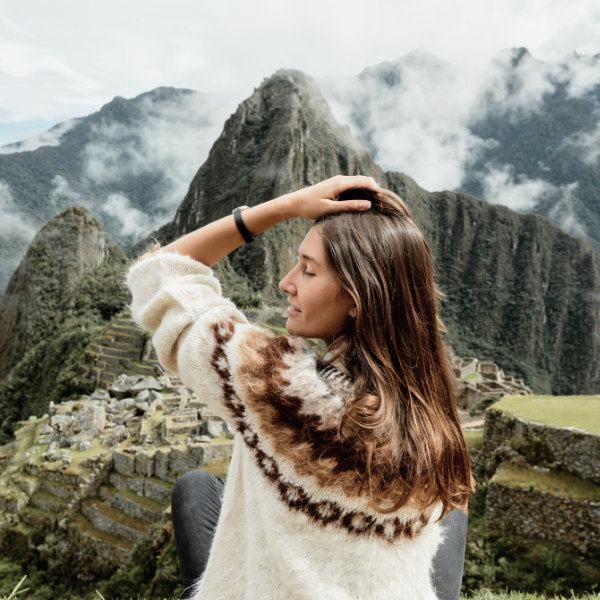
Cusco , Machu Picchu , Lima , Santiago .

Cusco , Machu Picchu , Sacred Valley , Rainbow Mountain , Lima , Arequipa , Puno .

Cusco , Machu Picchu , Sacred Valley , Rainbow Mountain , Lima , Galapagos Islands , Quito .
_1703626361.png)
Cusco , Machu Picchu , Sacred Valley , Rainbow Mountain , Lima , Puno .
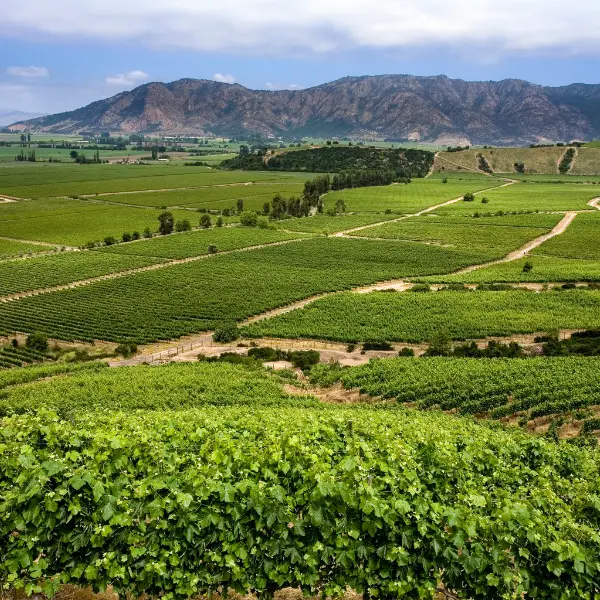
Cusco , Machu Picchu , Sacred Valley , Lima , Santiago .
_1703626901.png)
Cusco , Machu Picchu , Sacred Valley , Rainbow Mountain , Lima , Puno .
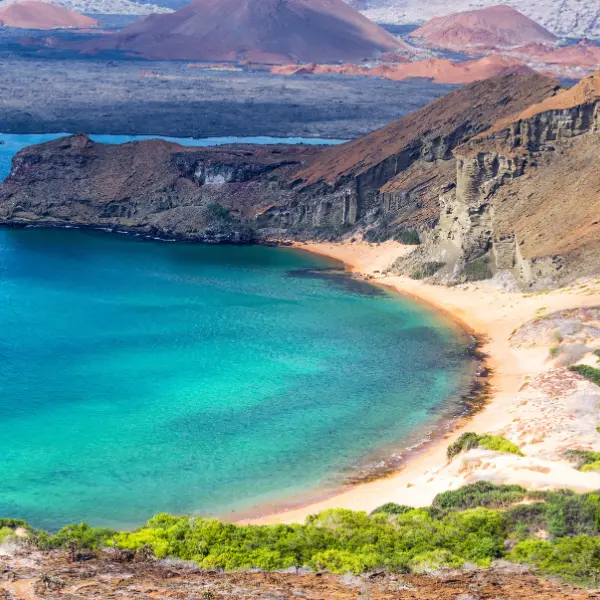
Cusco , Machu Picchu , Sacred Valley , Lima , Galapagos Islands .
_1703626463.png)
Cusco , Machu Picchu , Sacred Valley , Rainbow Mountain , Lima , Amazon .
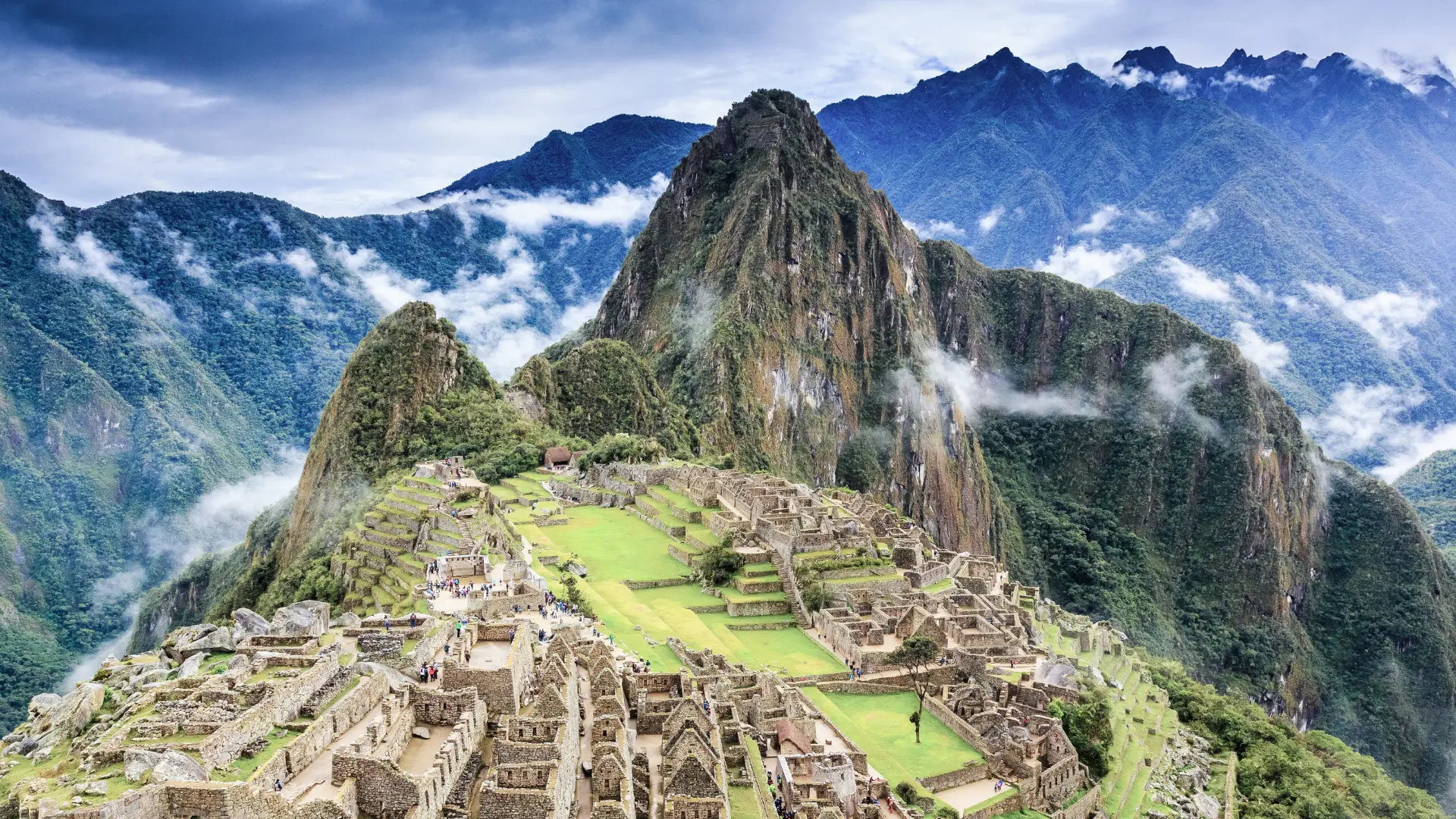
Cusco , Machu Picchu , Sacred Valley , Lima , Arequipa , Puno .
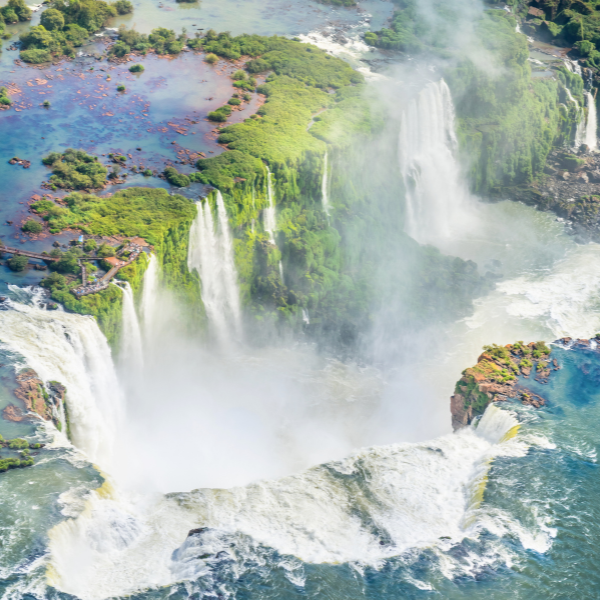
Cusco , Machu Picchu , Sacred Valley , Buenos Aires , Iguazu Falls , Rio de Janeiro .
_1699898031.png)
Cusco , Machu Picchu , Sacred Valley , Rainbow Mountain , Lima , Buenos Aires , Iguazu Falls , Rio de Janeiro , Patagonia , Argentina , Amazon , Perito Moreno , Calafate .
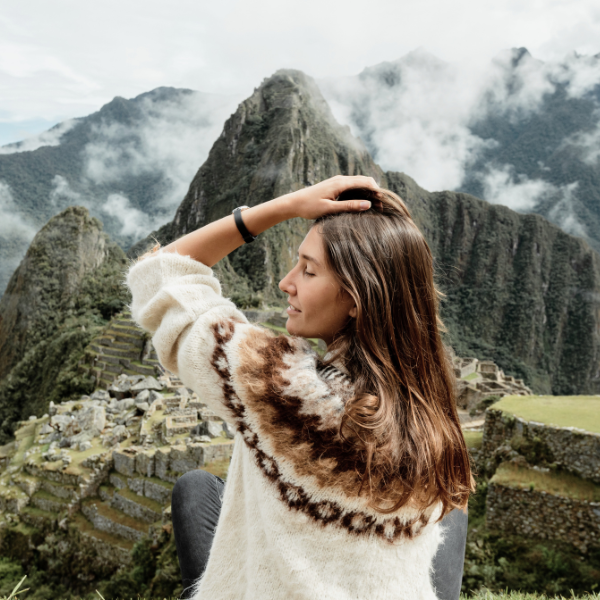
Cusco , Machu Picchu , Sacred Valley , Rainbow Mountain .
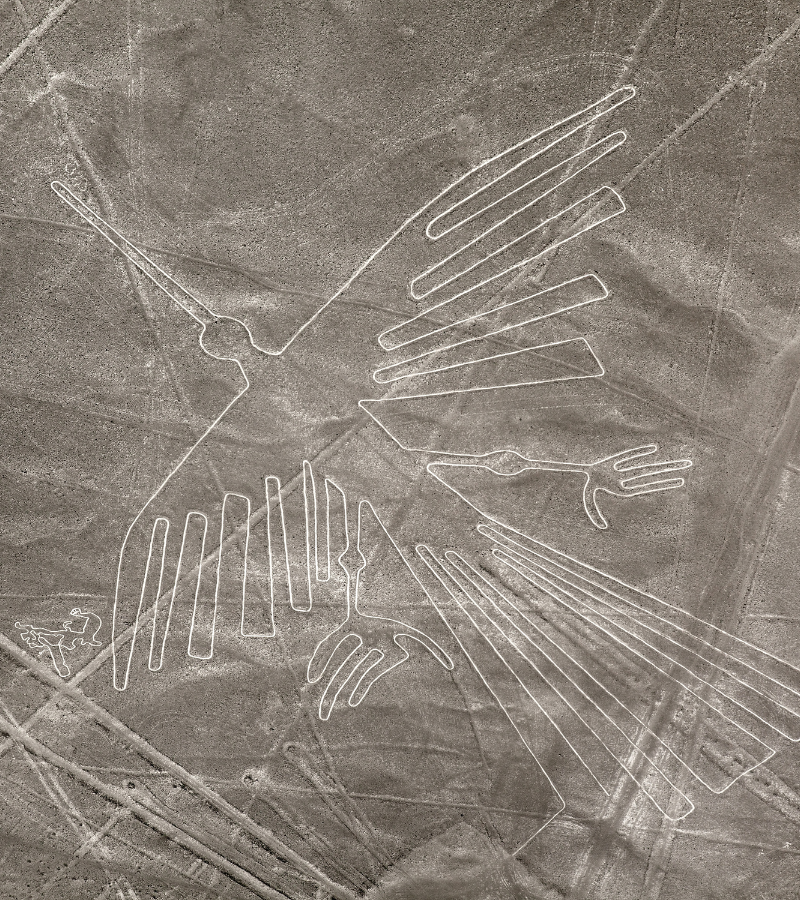
Cusco , Machu Picchu , Lima , Nazca Lines .
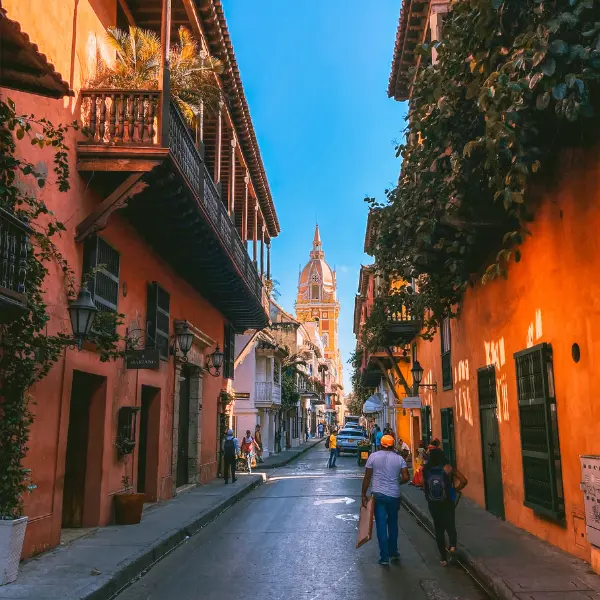
Cusco , Machu Picchu , Sacred Valley , Lima , Cartagena , Bogota .
_1770390797.png)
Cusco , Machu Picchu , Sacred Valley , Rainbow Mountain , Buenos Aires , Iguazu Falls , Patagonia , Ushuaia , Amazon .
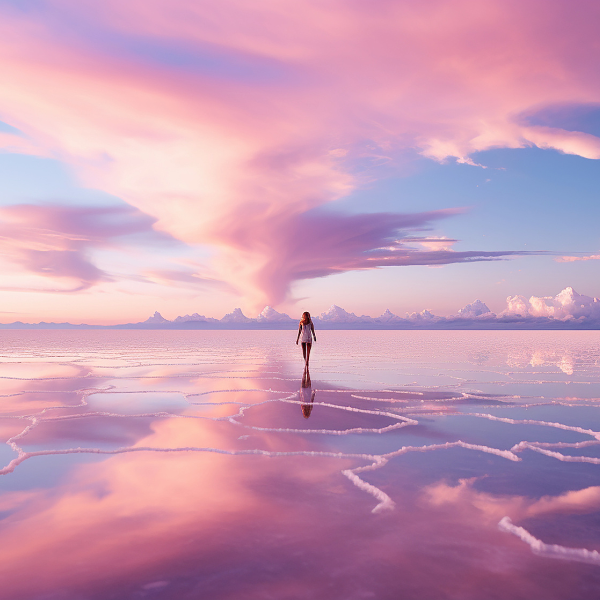
Cusco , Machu Picchu , Sacred Valley , Puno , Uyuni , La Paz .
The best time to visit Machu Picchu is during the dry season, from April to October, when the skies are clearer, the sun shines brightly, and the paths are more accessible for trekking and exploration. Although this period attracts more visitors, the breathtaking views of the Andes and the citadel’s terraces under the radiant sun make it worthwhile. For those who prefer fewer crowds, visiting in April, May, September, or October offers an ideal balance between good weather and a quieter atmosphere.
Among the top tours to Machu Picchu are the classic Inca Trail, which combines breathtaking landscapes with historical ruins, and the shorter 2-day trek for those with limited time. The Salkantay and Lares treks are also popular alternatives, offering unique cultural and natural experiences before arriving at the citadel. For travelers who prefer comfort, train journeys from Cusco or Ollantaytambo to Aguas Calientes provide a scenic ride along the Urubamba River, followed by a bus transfer up to the majestic archaeological site.
Visiting Machu Picchu is a once-in-a-lifetime experience filled with countless activities. Travelers can explore the main citadel with its temples, terraces, and plazas, climb Huayna Picchu or Machu Picchu Mountain for panoramic views, or walk to the Sun Gate (Inti Punku), which offers a stunning perspective of the site. Beyond the ruins, visitors can also discover the vibrant town of Aguas Calientes, with its markets, hot springs, and cultural exhibitions that complement the journey to the Inca sanctuary.
The weather at Machu Picchu is generally mild, with daytime temperatures ranging from 18–25°C and cooler evenings. The dry season from April to October offers sunny days ideal for photography and hiking, while the rainy season from November to March brings lush green landscapes but also slippery paths and misty views. Regardless of the season, the site’s changing light and weather create magical atmospheres, so packing both sunscreen and a light rain jacket is highly recommended.
The closest airport to Machu Picchu is Alejandro Velasco Astete International Airport in Cusco, located about 3–4 hours away by train and bus connections. Travelers usually fly into Cusco from Lima or other major Peruvian cities, then continue their journey to Machu Picchu by train from Poroy, Urubamba, or Ollantaytambo to Aguas Calientes. In the near future, the new Chinchero International Airport will improve access and reduce travel times to this world wonder.
Accommodation options for Machu Picchu visitors are mainly located in Aguas Calientes, the town at the foot of the citadel. Here, travelers can choose from luxurious boutique hotels with stunning mountain views to budget-friendly hostels for backpackers. Many hotels offer services tailored to early-morning departures, such as breakfast boxes and shuttle arrangements to the entrance of Machu Picchu. Staying overnight in Aguas Calientes allows visitors to experience the citadel early in the morning or late in the afternoon, when it is less crowded.
Aguas Calientes offers a wide selection of restaurants and cafes where travelers can enjoy both local and international cuisine. Many establishments feature dishes made with fresh Andean ingredients, such as quinoa, trout, and corn, while others provide international options like pasta, pizza, and vegetarian meals. Upscale restaurants combine fine dining with breathtaking views of the surrounding mountains, while smaller local eateries offer a more authentic experience with traditional Peruvian flavors.
Most hotels, restaurants, and tourist services in Aguas Calientes and Machu Picchu accept credit and debit cards, though carrying cash in Peruvian soles is strongly advised for entrance fees, souvenirs, and small purchases. ATMs are available in Aguas Calientes but may run out of cash during peak tourist seasons. To avoid inconveniences, it is best to withdraw or exchange money in Cusco before traveling to Machu Picchu.
While Machu Picchu itself does not host large public festivals, the surrounding Cusco region celebrates numerous important cultural events. The most famous is Inti Raymi, the Festival of the Sun, held every June 24th in Cusco, which honors the Inca sun god with colorful dances and ceremonies. Other local festivities in the Sacred Valley and nearby towns highlight Andean traditions, music, and rituals, offering visitors the chance to immerse themselves in the cultural spirit that once flourished in Machu Picchu.
Machu Picchu, one of the New Seven Wonders of the World and a UNESCO World Heritage Site, was built in the 15th century by the Inca emperor Pachacuti. Its exact purpose remains a mystery, though it is believed to have been a royal estate and ceremonial center. The site showcases advanced Inca engineering with its perfectly fitted stone structures, agricultural terraces, and sophisticated water systems. Visiting Machu Picchu is not only a journey through history but also an opportunity to experience the profound connection between nature and culture in the Andes.
Within Machu Picchu, some of the must-see spots include the Temple of the Sun, the Intihuatana stone, and the Temple of the Condor, each revealing the Incas’ spiritual and astronomical knowledge. The agricultural terraces and residential areas display the ingenuity of their construction techniques. For adventurous visitors, hiking up to Huayna Picchu or Machu Picchu Mountain offers unparalleled views of the citadel and surrounding valleys. The nearby town of Aguas Calientes and the natural landscapes of the Urubamba Valley further enrich the overall experience of visiting Machu Picchu.

We're flexible! Postpone your tour with zero cost up to 10 days prior to departure.